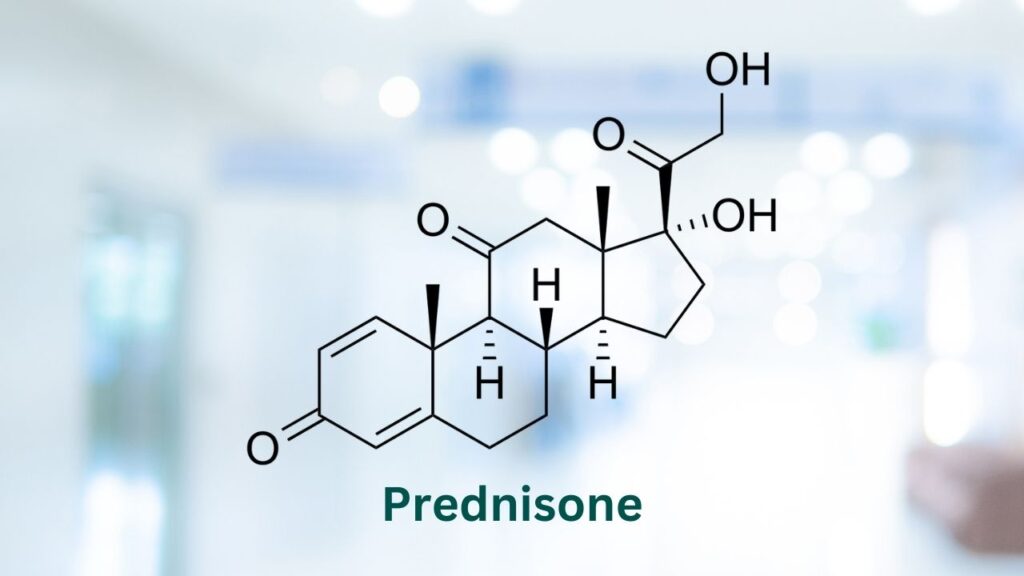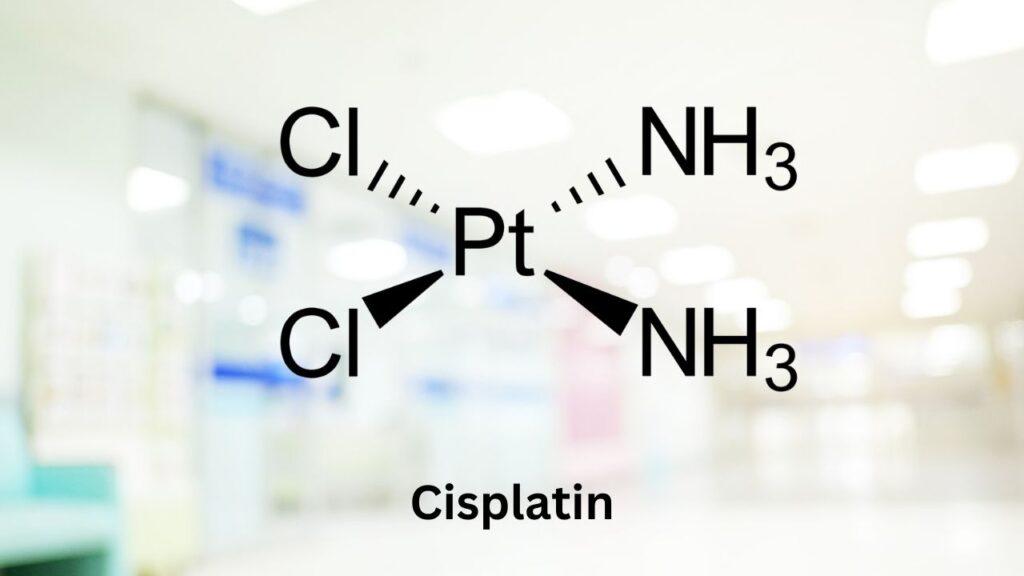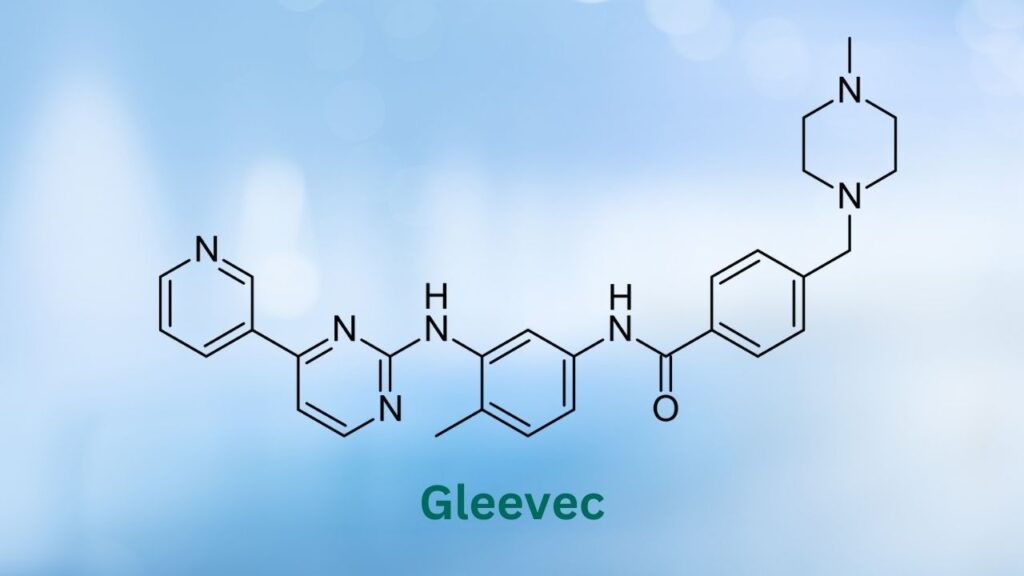L-Asparaginase (brand name Elspar) is an enzyme and an anti-cancer medication. Veterinarians use Elspar for dogs with certain immune system cancers, particularly lymphoma. This medication is fast-acting and has a high success rate, but it also can have side effects including allergic reactions.
Key Takeaways
- Elspar is both a chemo drug and an enzyme.
- Elspar starts working quickly but gets the best results when used along with other chemo drugs.
- Side effects of Elspar for dogs include allergic reactions, nausea, vomiting, diarrhea, poor appetite, lethargy, and fever.
- Disadvantages of L-asparaginase include that it can cause allergic reactions, must be given by a veterinarian, and only works for a few specific cancers.
- L-asparaginase can be toxic to the liver.
Elspar for Dogs
L-Asparaginase (brand name Elspar) is classified as an enzyme medication and used as an anti-cancer chemotherapy medication. Veterinarians often use Elspar for dogs with lymphoma, our most common dog cancer.
An Enzyme from E. Coli
Asparaginase is an enzyme, usually taken from Escherichia coli (E. Coli), the bacteria. It is used to treat lymphoma, acute leukemia, and other cancer types.1
Asparaginase from E. coli is the first line of therapy because it is PEGylated, meaning that it has undergone a complex biological modification process to improve its performance.7
However, some patients develop a hypersensitivity reaction and need to switch to E. chrysanthemi asparaginase instead. This version is different enough that it does not trigger allergic reactions to E. coli.8
Brand Names of L-Asparaginase for Dogs
Elspar is a common brand name for L-Asparaginase. However, this medication has several other brand names including:2-6
-
- Asparaginase Erwinia chrysanthemi, Erwinase, Erwinaze
- Rylaze®
- Spectrila®
- Kidrolase®
- Lespar®
- Oncaspar®
How Elspar for Dogs Works
L-Asparaginase breaks down the amino acid asparagine. Some tumors need this amino acid to grow, so breaking it down may block the growth of these tumors.1
Asparagine is an amino acid involved in DNA synthesis and cell survival in cancerous cells.3 The enzyme L-asparaginase breaks the amino acid down and depletes stores of it so that the cancerous cells can no longer bring it in and use it.
Depriving cancer cells of asparagine can lead to the death of those cells, killing the cancer. Elspar works fast, quickly eliminating asparagine.
Common Uses of Elspar for Dogs
L-Asparaginase is commonly used to treat several cancers in dogs, including lymphoma5,9,10 and acute lymphoblastic leukemia.8
Lymphoma
One study looked at dogs with T-cell lymphoma or hypercalcemic lymphoma to see how they would respond to a chemotherapy protocol of L-Asparaginase with mechlorethamine, vincristine, prednisone, and procarbazine (MOPP) in comparison to success rates with a traditional CHOP protocol.9
The results were significant:9
- 98% of the dogs responded to treatment, with a median survival time of about nine months.
- 25% lived as long as 30 months after trial completion!
- The researchers concluded that this L-Asp/MOPP protocol may provide better results for dogs with T-cell and/or hypercalcemic lymphoma than a CHOP protocol.
Another study looked at substituting L-asparaginase for cyclophosphamide in a CHOP protocol. The study used 20 dogs with multicentric lymphoma.10
- The dogs treated with L-Asparaginase in combination with doxorubicin, vincristine, and prednisolone had a significantly longer progression-free survival time than those receiving cyclophosphamide with the other three medications.
- Survival time for the L-asparaginase group was 344 days, compared with 234 days for the traditional drug combination group.
This study also found that L-Asparaginase was well tolerated by dogs. The results indicate that this protocol can be used as a first-line chemo protocol for canine multicentric lymphoma.10
When to Not Use Elspar for Dogs
There are some situations when L-Asparaginase is not a good fit, even for dogs with cancers that respond to it.
Potentially harmful drug interactions include:5
- Methotrexate
- Immunosuppressants
- Live vaccines
Some situations to use L-asparaginase with caution include:
- Combining L-asparaginase with vincristine can increase the risk of developing a low white blood cell count.2
- Combining L-asparaginase with prednisolone may cause an increase in blood sugar.6
- Due to histamine response, your dog will usually need an antihistamine medication prior to treatment, usually diphenhydramine (Benadryl).6
- L-Asparaginase should be used with caution in dogs with liver disease or pancreatitis.2
How They Administer Elspar
Elspar is given to dogs as an injection subcutaneously (under the skin) or intramuscularly (into the muscle).2
It is usually given as 10,000 IU/per square meter of body surface once per week.2 Dosages and timing can vary based on if it is given as a single agent or part of a multiagent chemotherapy protocol.2
What If I Miss a Dose?
This is typically given in a veterinary clinic setting, so talk to your veterinarian if a dose is missed.
If your dog experiences any side effects, a dosage of L-asparaginase may be intentionally postponed.
Storage and Handling
L-asparaginase will be stored at a veterinary clinic and refrigerated as a chemotherapeutic drug.
When handling waste and fluids from your dog after an Elspar treatment, use gloves and disposable products such as paper towels to clean up and wash your hands thoroughly.5
Side Effects with Elspar for Dogs
The most significant concern with using L-asparaginase in dogs is potential allergic reaction.
- One study found that about 4.2% of dogs had allergic reactions to asparaginase.11
- Pre-medication with Benadryl at 1-2mg/kg of body weight (check with your veterinarian for your dog’s specific dose) is typically used to decrease likelihood of allergic reaction.
As noted above, if your dog does experience an allergic reaction, your veterinarian can try using a different version of L-asparaginase isolated from E. chrysanthemi instead of E. coli.
Other side effects include:2
- Pain at the injection site if given into the muscle
- Nausea
- Vomiting
- Loss of appetite
- Lethargy
- Fever
- Liver failure
- Unusual bleeding (rare)
- High blood sugar (rare)
- Pancreatitis (rare)
- Bone marrow suppression (rare)
It’s important to note that gastrointestinal effects occur in less than 10% of canine patients.2
Many veterinarians prescribe anti-nausea medications preemptively after a chemo treatment to prevent your dog from experiencing nausea or vomiting.
- NCI Dictionary of Cancer terms. National Cancer Institute. https://www.cancer.gov/publications/dictionaries/cancer-terms/def/asparaginase. Accessed February 8, 2023.
- L-Asparaginase. Veterinary Information Network. https://www.vin.com/members/cms/project/defaultadv1.aspx?pId=13468&id=9118909&f5=1. Published April 23, 2019. Accessed February 8, 2023.
- Asparaginase Erwinia Chrysanthemi. Uses, Interactions, Mechanism of Action | DrugBank Online. https://go.drugbank.com/drugs/DB08886. Published 2013. Accessed February 8, 2023.
- Asparaginase escherichia coli. Uses, Interactions, Mechanism of Action | DrugBank Online. https://go.drugbank.com/drugs/DB00023. Published 2005. Accessed February 8, 2023.
- L-Asparaginase. Pet Cancer Society. https://petcancersociety.com/types-of-drug/l-asparaginase/. Accessed February 8, 2023.
- Brooks W. L-Asparaginase (Elspar). Veterinary Information Network. https://veterinarypartner.vin.com/default.aspx?pid=19239&id=4951519. Published October 27, 2021. Accessed February 8, 2023.
- Gupta V, Bhavanasi S, Quadir M, et al. Protein pegylation for cancer therapy: Bench to bedside. Journal of Cell Communication and Signaling. 2018;13(3):319-330. doi:10.1007/s12079-018-0492-0
- Egler RA, Ahuja SP, Matloub Y. L-asparaginase in the treatment of patients with acute lymphoblastic leukemia. Journal of Pharmacology and Pharmacotherapeutics. 2017;7(1):62-71.
- Brodsky EM, Maudlin GN, Lachowicz JL, Post GS. Asparaginase and MOPP treatment of dogs with lymphoma. Journal of Veterinary Internal Medicine. 2009;23(3):578-584. doi:10.1111/j.1939-1676.2009.0289.x
- Lee J-J, Liao AT, Wang S-L. L-asparaginase, doxorubicin, vincristine, and prednisolone (LHOP) chemotherapy as a first-line treatment for dogs with multicentric lymphoma. Animals. 2021;11(8):2199. doi:10.3390/ani11082199
- Blake MK, Carr BJ, Mauldin GE. Hypersensitivity reactions associated with L-asparaginase administration in 142 dogs and 68 cats with lymphoid malignancies: 2007–2012. The Canadian Veterinary Journal . 2016;57:176-187.
Elspar® is a registered trademark of Merck and Company, Inc.
Asparaginase Erwinia chrysanthemi®, Erwinaze® is a registered trademark of EUSA Pharma
Erwinase® is a registered trademark of Porton Biopharma Limited (PBL)
Rylaze® is a registered trademark of Jazz Pharmaceuticals Ireland Limited
Spectrila® is a registered trademark of Medac Gesellschaft für klinische Spezialpräparate m.b.H
Kidrolase® is a registered trademark of Jazz Pharmaceuticals France
Lespar® is a registered trademark of Mefro Pharmaceuticals Pvt Ltd
Oncaspar® is a registered trademark of Servier IP UK Ltd.
Topics
Did You Find This Helpful? Share It with Your Pack!
Use the buttons to share what you learned on social media, download a PDF, print this out, or email it to your veterinarian.






